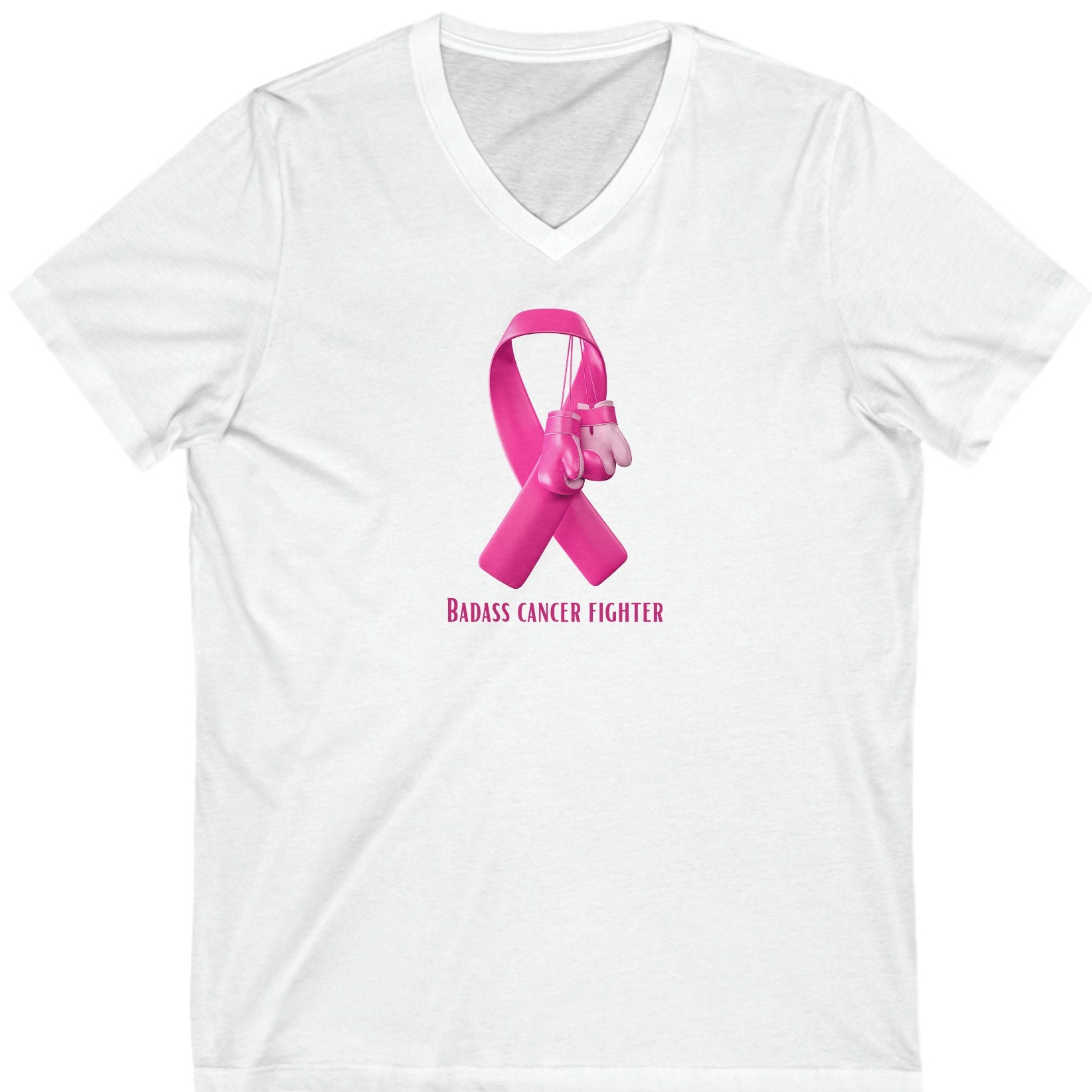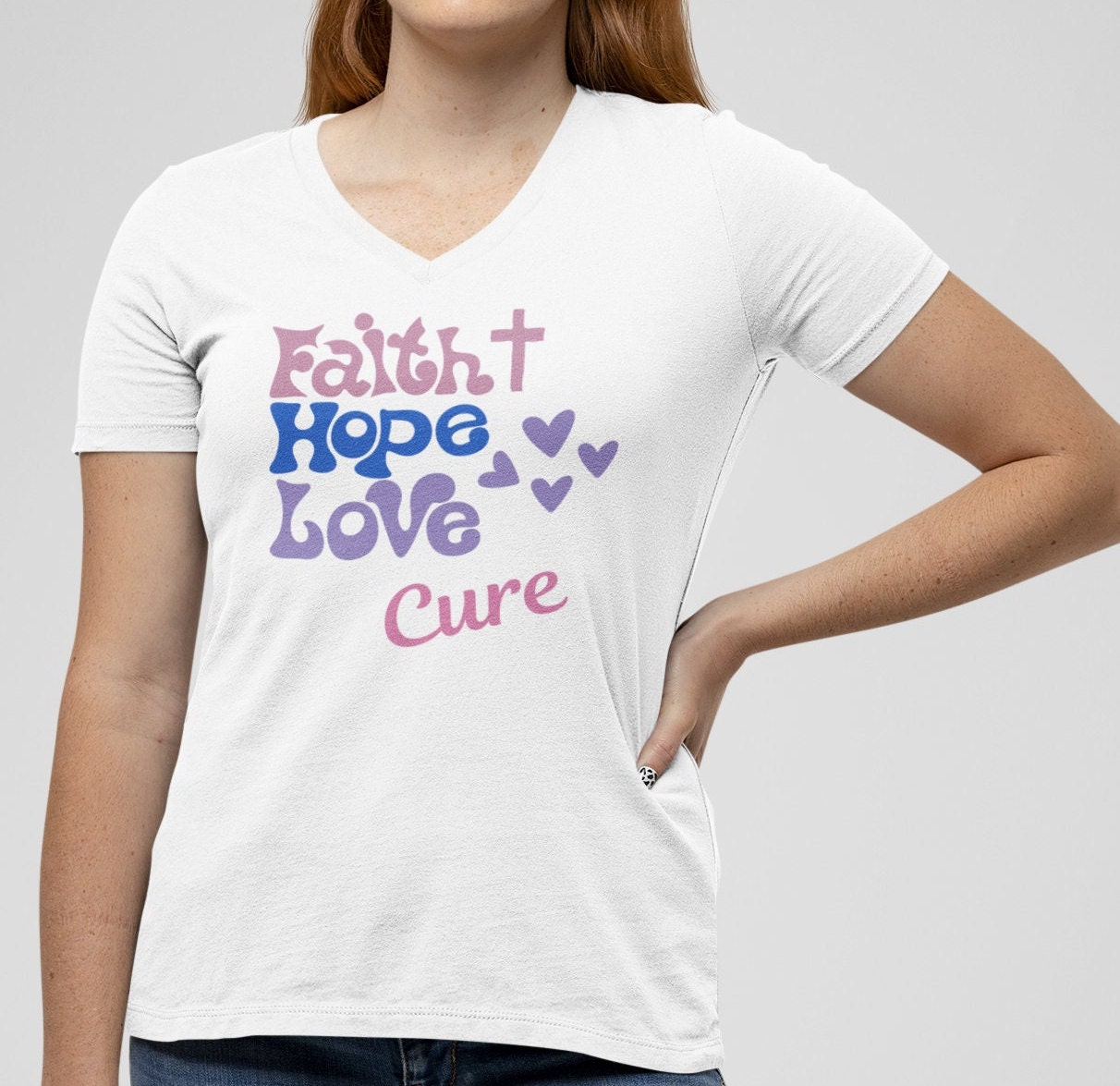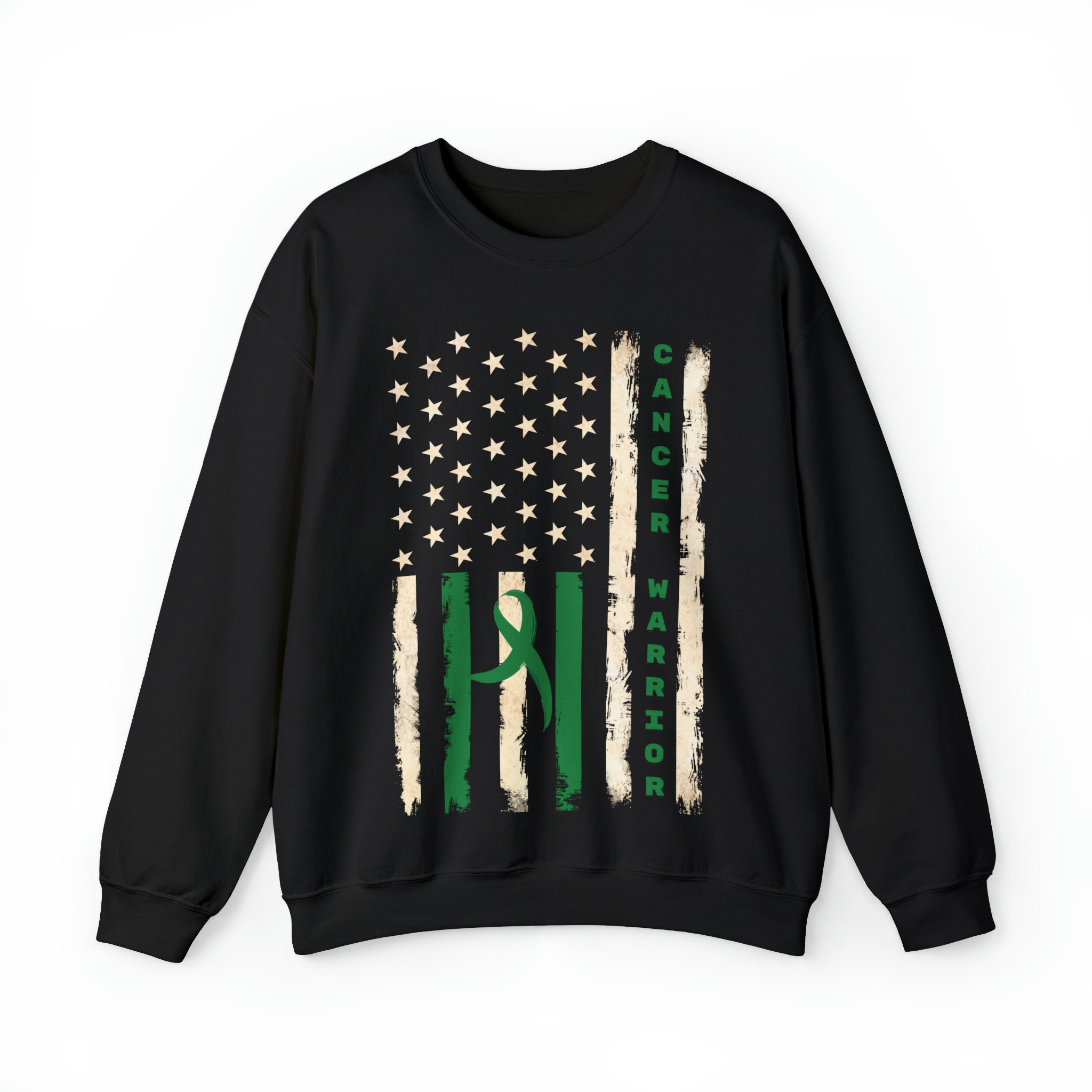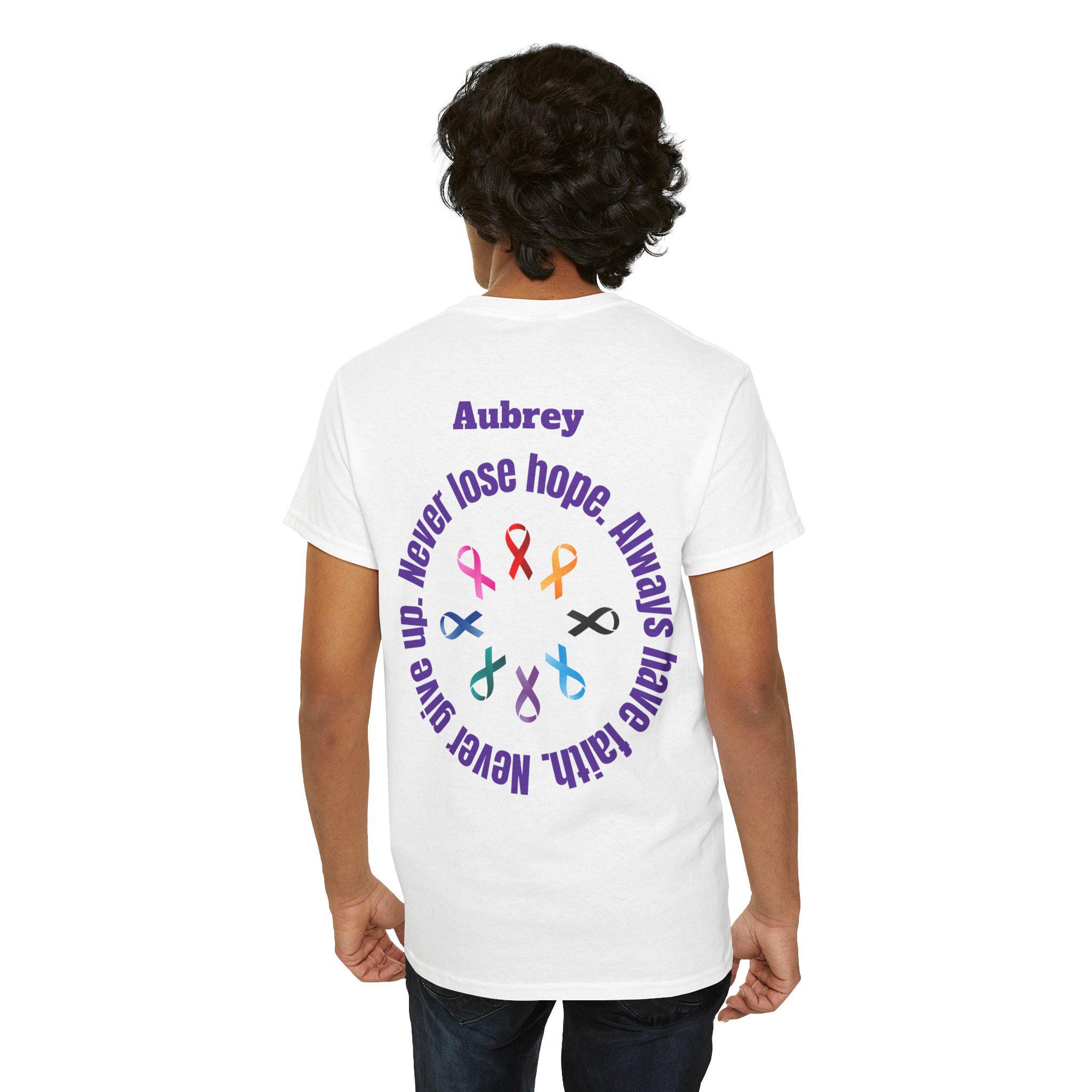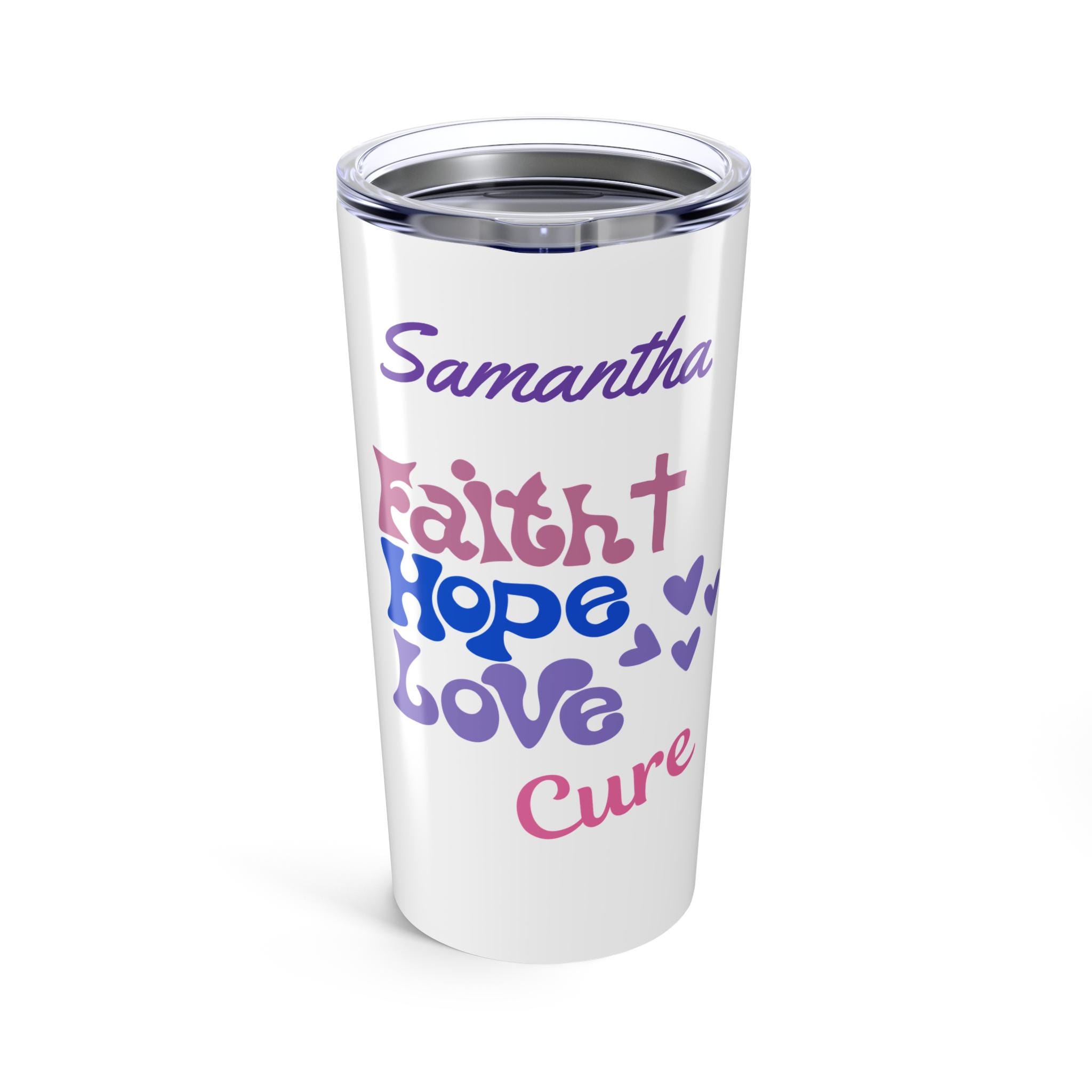Beta Casein Protein
Beyond Organic has USA's largest A2 beta-casein cattle herd. Why is this so important?
It is believed by many in the scientific community that the majority of our milk might be contributing to some of the diseases so prevalent today, specifically cardiovascular disease.
Milk proteins come in two types, whey and casein. Casein comprises about 80% of the total protein in milk, and of that protein there are A1 and A2 beta-casein. Cows pass down either A1, A2 or both to their offspring just like we pass down eye color to our children. A thousand years ago the majority of cattle were A2, then the genetically mutated A1 strain appeared. The original A2 milk is generally produced in Africa, Asia and France, and also in goats milk. Upwards of 90% of cattle in the US are A1 cattle, but Beyond Organic’s dairy herd is 100% A2 beta-casein cattle. Beyond Organic’s Amasai, Raw cheeses and all other products made with diary will come from A2 cattle. Why is that important?
Emerging evidence is showing an association between a particular protein ( A1 beta-casein ) found in cows milk and an increased risk of developing heart disease and insulin-dependant diabetes. It may also aggravate neurological conditions such as autism and schizophrenia.
According to research, A1 milk is more likely to be a factor in heart disease and Type 1 diabetes. Spearheading the research was New Zealand scientist Dr. Corran (Corrie) McLachlan, who said that the protein casein found in the milk is the culprit.
McLachlan had spent five years researching A1 beta-casein protein to theorize that it is linked not only to heart disease, but also to Type 1 diabetes, autism, and schizophrenia. According to McLachlan, "There are three types of casein in cow's milk, called alpha, beta, and kappa. Each type comes in certain variants, depending on the genetics of the cow that produced it. For example, more than 70% of Guernsey cows produce the A2 variety of beta casein in their milk, where 70% of Red Danish Dairy cattle produce the A1 variety of beta casein." The researcher also pointed out that one cow could produce both A1 and A2 because it could receive different genes from the mother and father. Black and white Friesian cows, very common in dairy herds in many countries, have this combination of the two genes.
If you are interested more in this science, there’s a great book called "The Devil in the Milk" by Dr. Thomas Cowan.
Also, here is more info:

